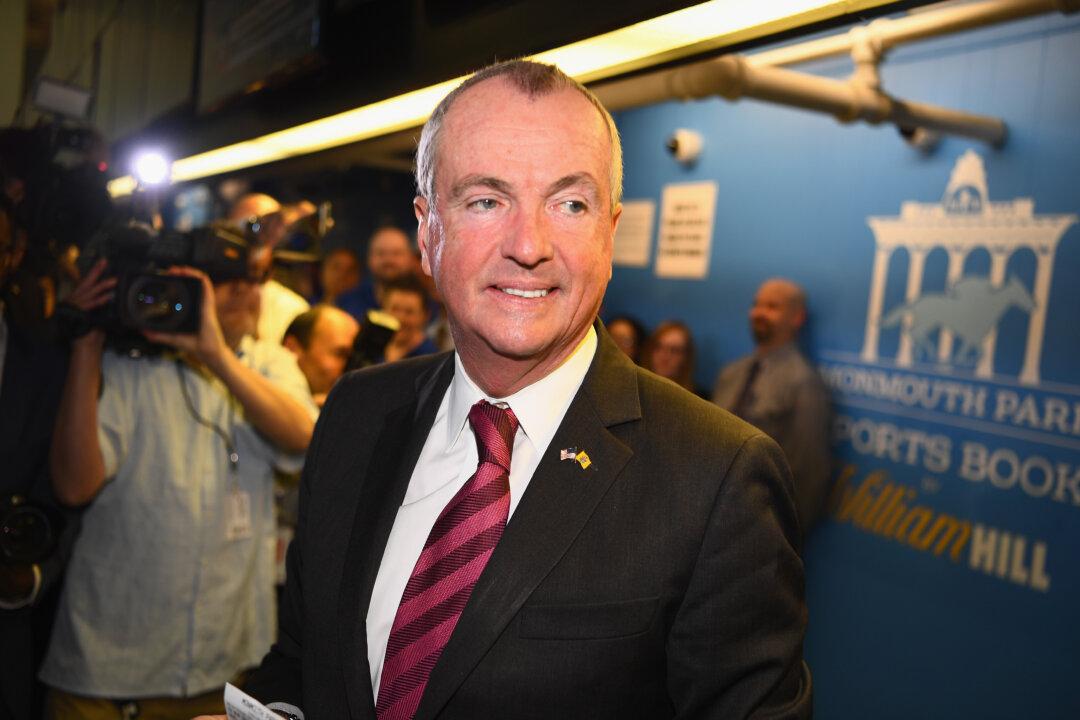New Jersey Gov. Phil Murphy signed an early in-person voting measure into law and criticized recent efforts in other states such as Georgia to pass more stringent voter regulations.
“Today, I don’t say this lightly, New Jersey reminds the nation that our democracy is made stronger when we make it easier for the people’s voices to be heard, that our democracy wins when we open the doors of our polling places wide, instead of slamming them shut,” the first-term Democrat said on March 30 during a signing event.





